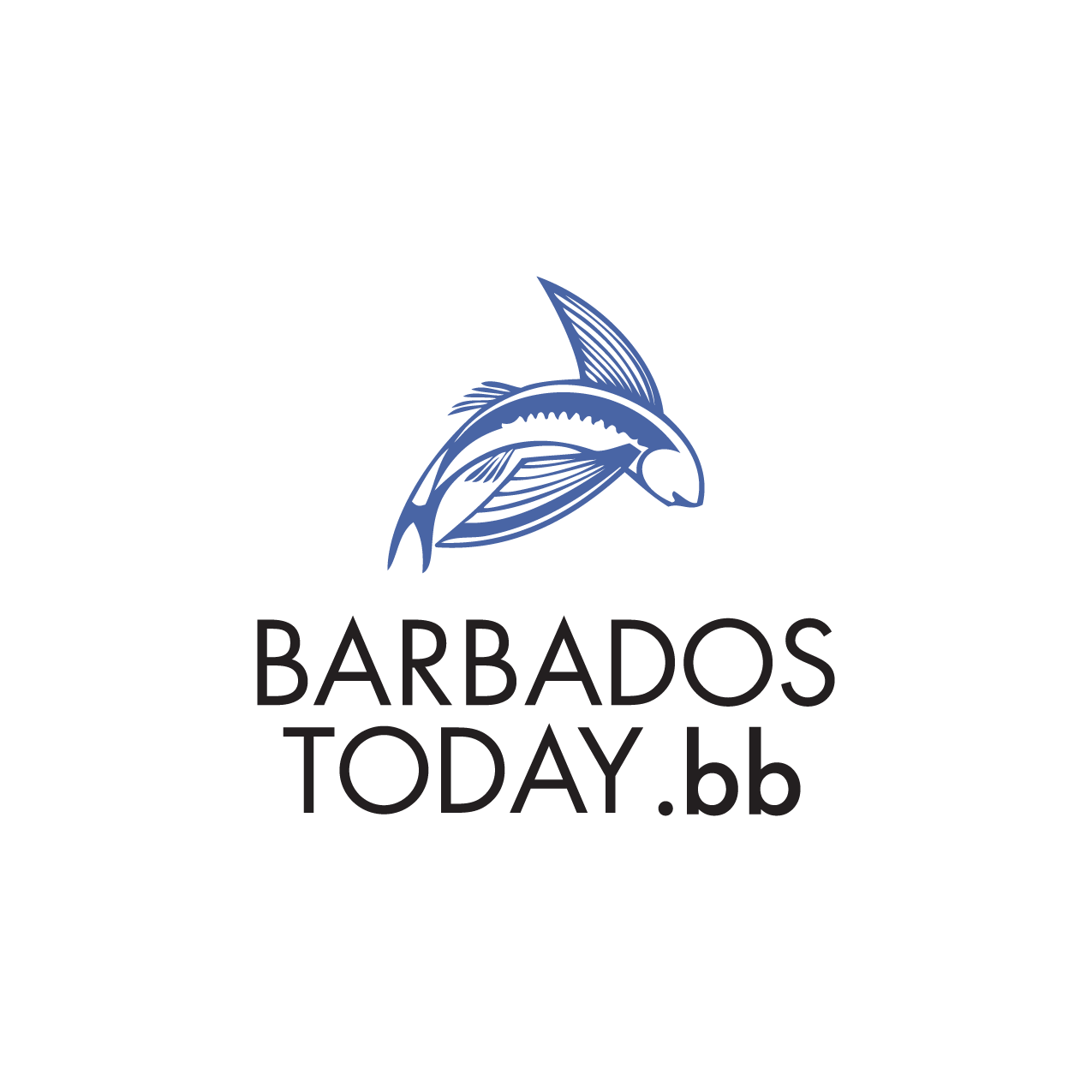Prime Minister Mia Mottley on Tuesday came with a Budget that included no new or increased taxes and featured an announcement that the country’s foreign reserves are about to hit an all-time high.
Very early in her four-hour presentation of the 2023 Budgetary Proposals in the House of Assembly, Mottley made it clear that despite speculation to the contrary, her Budget was about “good news” with “no new taxes” imposed and no announcements of mass layoffs in the public sector.
She stressed, however, that restructuring of state-owned enterprises (SOEs) would continue but provisions would be made, where possible, for workers affected by that process.
While there had been hopes that further cost of living relief measures would be announced in her highly-anticipated speech, Mottley said the Government was doing all it could at this time, even as she thanked the private sector and labour movement for working with her administration to contain the prices of 49 food items.
“I can assure you that Barbados is almost unique in the provisioning of these arrangements to its population. It is not just about what we are doing as a government. I want to salute the private sector and the labour movement to see that we all…are sharing the burden and sharing the bounty,” she said.
“We will continue to do all that is practicable to shield our people from the various impacts of the global cost of living. I can assure you that this is not easy.
“Where we can provide some level of buffer, we will do it. As we continue to navigate the challenges presented with a global economy, it is important that we remain focused on key areas that will accelerate economic growth,” Mottley added.
However, among her announcements that will have a direct impact on Barbadians’ pockets were the repayment of $74.8 million to 5 407 individual holders of Series B Bonds; 25 per cent discounts for people who owe the Barbados Water Authority and the Queen Elizabeth Hospital; and an increase in the personal income tax allowance for pensioners from $40 000 to $45 000.
With the theme Mission Transformation as the backdrop of her presentation, Mottley also told the country of coming incentives for the film industry, loans for livestock farmers, financial assistance for public service vehicle (PSV) operators and postal workers who want to acquire electric vehicles, and a two-year extension of the Excise Tax and VAT holiday on the purchase of electric vehicles.
The Prime Minister also revealed that Barbados’ foreign reserves are expected to hit the historic level of $3.2 billion in a few days when the country gets an additional $200 million from the Inter-American Development Bank (IDB).
To loud desk-thumping from her party colleagues, she revealed the island’s international reserves are now at $2.99 billion.
Mottley reminded Barbadians that the country’s current store of foreign currency was far different from the crisis situation that existed when her party came to office in 2018.
The country’s leader further noted that over the past four-and-a-half years, her administration had made significant strides in reducing Barbados’ debt levels.
Highlighting the successful restructuring of the debt completed in 2019, she contended that the country had moved from a situation where debt was 176.8 per cent of gross domestic product (GDP) in May-June 2018 to 120.6 per cent now.
Prime Minister Mottley conceded that debt-to-GDP rose during the COVID-19 pandemic but said that was now declining.
“I remember when the former Prime Minister Owen Arthur gave a speech in the budget and told the country that we could not sustain [debt] service of $0.68 on the dollar. We are now down to $0.30. I assure you that we are in a strong fiscal position and what is more important, our productive sectors are performing better and are able to support our plans,” Mottley declared.
According to Mottley, the Barbados economy continued to recover from the “deep losses” of 2020 and 2021, with the tourism sector fuelling the economic resurgence.
Furthermore, she insisted that economic activity and labour market participation were returning to pre-pandemic levels.
(IMC1/BT)





